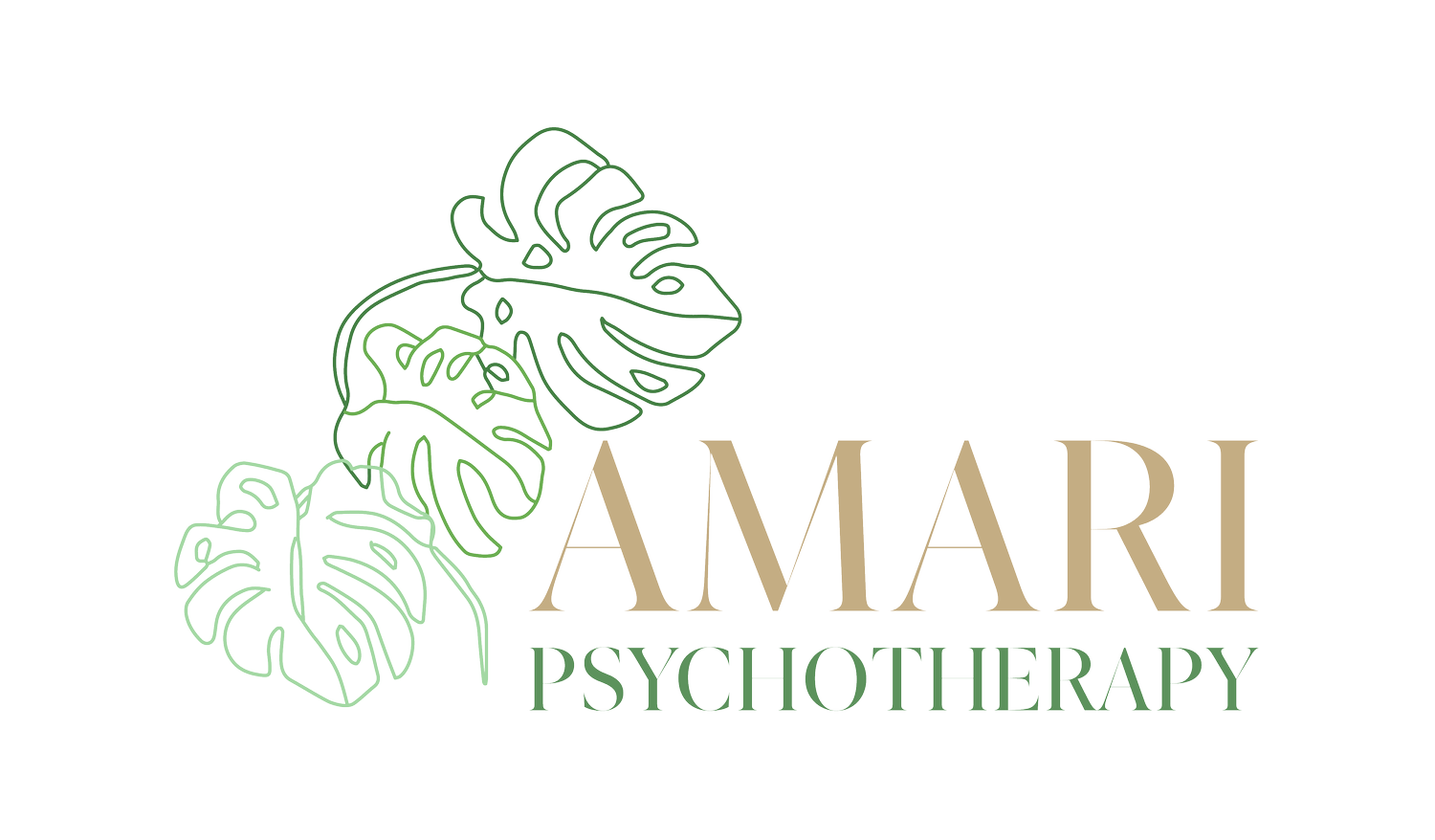-
Why specify couples vs. relationships?
Not everyone seeking collaborative care with a loved one is in a couple, or can easily define their relationship. Some relationships involve more than two people. Some people are seeking guidance through a divorce or separation, or hoping to co-parent successfully and have already "un-coupled". For these reasons and more, I find it important to make this distinction.
*Relationships actively experiencing any kind of abuse are not a fit for couples/relationship therapy and will receive appropriate referrals. Each individual party to the relationship seeking collaborative therapy will be required to complete an intimate partner violence screening at intake.*
What’s the deal with insurance and couples & relationship therapy?
In order to accept insurance or obtain out-of-network benefits for this service, one person must be given a mental health diagnosis; this is typically the person whose insurance plan is being used to cover sessions. Labeling one person as the “problem”, even if just on paper, can be antithetical to the treatment itself. For this reason, many people choose to opt out of insurance for this form of therapy, even if given the option. All of the in-network insurances cover this service; I want my services to remain as accessible as possible. However, I also firmly believe that transparency is an essential part of the therapeutic process & strive to set clients up for success despite the many flaws of the medical and diagnostic model.
Please take note of the above and understand the potential implications of being assigned a mental health diagnosis, especially within the framework of couples and relationship therapy.
Do you accept insurance for support groups?
Yes, I accept all in-network insurance providers with the exception of Anthem/Empire BCBS.
What if I am a mental health professional seeking supervision?
Contact me directly for more information. Supervisory hours can be provided for LMSWs and LMHCs.

